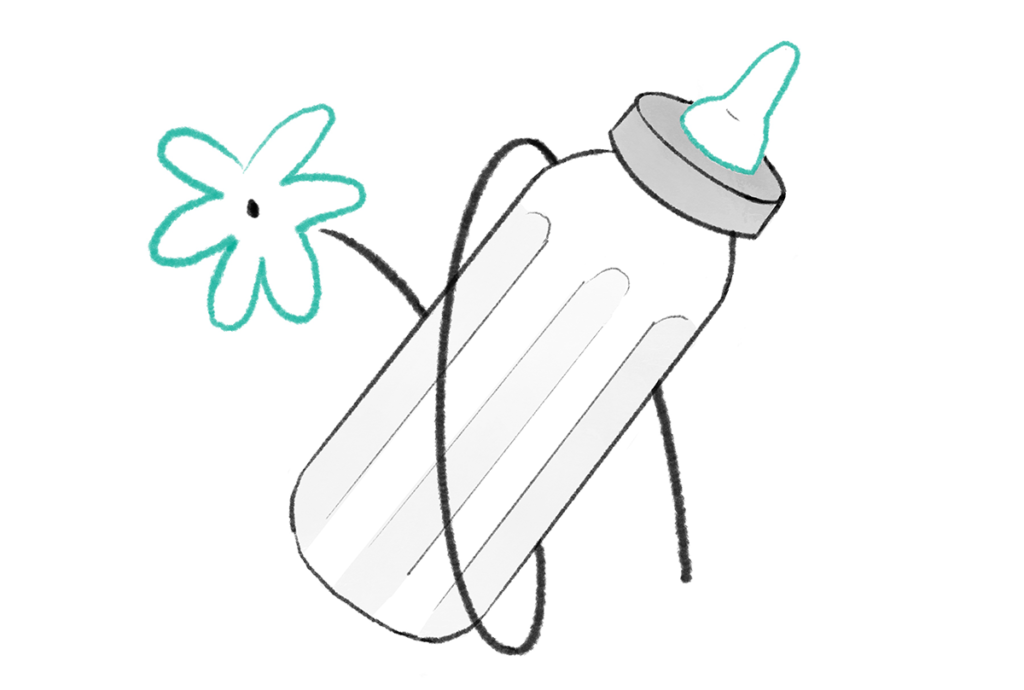Better processing of donor milk

A central focus of my work is to improve access to human breast milk for vulnerable infants in the hospital. Breast milk boosts neurodevelopment and reduces infections among these babies.
In Toronto, MaxiMOM, which stands for Maximizing Mothers’ Milk for Preterm Infants, does research on human milk.
The Rogers Hixon Ontario Human Milk Bank also collects and pasteurizes donated human milk to give to hospitalized babies when a mother’s milk is unavailable.
Before vulnerable infants receive donor breast milk, it must be pasteurized to remove any pathogens that could be passed onto a child.
An innovation that could greatly help with improving the quality of donor breast milk is improving the process of pasteurization. In particular, my team and I are working to develop non-thermal high-pressure processing of donated milk. Right now, milk banks must rely on 100-year-old technology.
Perfecting this process will help keep more of the bio-active components in human milk in donor milk, including antibodies, lactoferrin and lysozyme, which we know help fight viruses like COVID-19. We need better technologies for this.
Lives count on it.
Deborah O’Connor is a professor and chair of Temerty Faculty of Medicine’s Department of Nutritional Sciences, and a scientist at The Hospital for Sick Children.